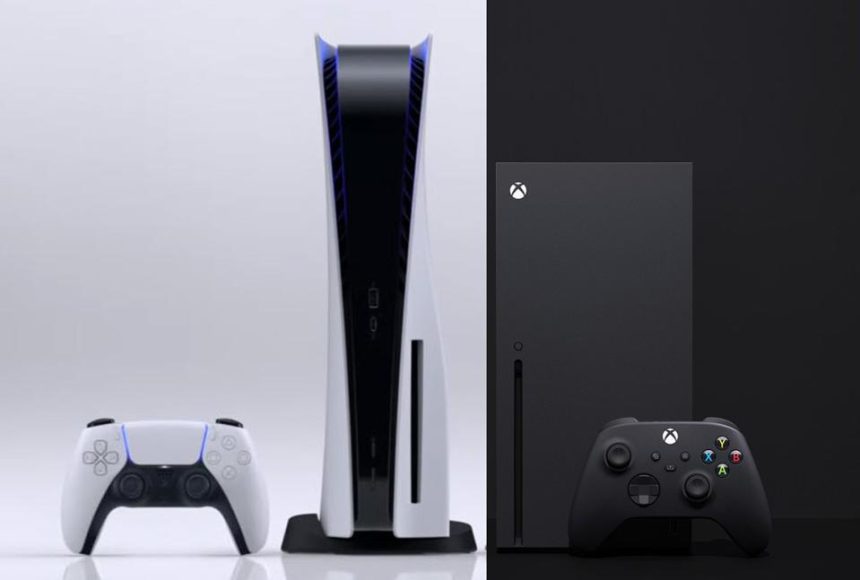The gaming landscape is undergoing a significant shift, with Microsoft seemingly de-emphasizing the importance of owning an Xbox console. This strategic move comes after years of focusing on their Game Pass subscription service and the recent “everything is an Xbox” marketing campaign. Market trends appear to reflect this shift, with Xbox console sales lagging behind competitors. While unofficial sales estimates from VGChartz should be interpreted with caution, they often provide a useful indication of market direction. These estimates suggest that in November 2024, PlayStation 5 sales, bolstered by the release of the PS5 Pro, significantly outpaced Xbox Series X/S sales. This disparity highlights the challenges Microsoft faces in the console market, even as they promote alternative ways to access their games.
The core of Microsoft’s strategy revolves around Game Pass, a subscription service offering access to a vast library of games. This model generates a consistent revenue stream, even if subscriber growth may be plateauing. The “everything is an Xbox” campaign further reinforces this approach by emphasizing the ability to play Xbox games on a variety of devices, including laptops, phones, tablets, and even Amazon Fire Sticks, primarily through cloud streaming. However, the viability of this strategy remains uncertain. While convenient, cloud gaming has its limitations and requires a stable internet connection. Furthermore, the target audience for such a service – those interested in playing console-quality games but unwilling to invest in a console – may be smaller than anticipated. Microsoft’s own court filings during its acquisition proceedings acknowledged the relatively small size of the cloud gaming market.
The combination of consistently trailing PlayStation in console sales and the deliberate downplaying of Xbox hardware as a necessity for enjoying Xbox games has created a unique situation. The “everything is an Xbox” philosophy has, in some ways, begun to encompass the PlayStation 5 itself. This is not just limited to established multi-platform franchises like Call of Duty, but potentially extends to other major upcoming Xbox titles. Microsoft has indicated a willingness to consider multi-platform releases, potentially offering these games on both PlayStation and Xbox consoles. The key incentive for players would be day-one access to these titles through Game Pass, effectively making them “free” for subscribers. This strategy could broaden the reach of Xbox games without requiring players to purchase an Xbox console, further blurring the lines between traditional console ownership and subscription-based gaming.
Despite this shift in focus, Microsoft maintains its commitment to the hardware market. They have publicly stated their intention to continue producing Xbox consoles. Their upcoming plans reportedly include a handheld gaming device, potentially offering a more portable and convenient way to experience Xbox games. This could be a significant differentiator from PlayStation, which currently lacks a dedicated handheld console, though rumors suggest they may be exploring this area as well. Furthermore, Microsoft is expected to release a next-generation console in the coming years, following the typical console lifecycle. The continued existence of console gaming, despite these evolving trends, presents a challenge for Microsoft’s cloud-centric approach. Convincing players to embrace cloud gaming over the traditional console experience remains a significant hurdle.
The contrast between Microsoft’s strategy and the market reality is stark. While Microsoft promotes a platform-agnostic approach to gaming, emphasizing access over ownership, the market continues to demonstrate a strong preference for traditional console gaming. The success of the PlayStation 5, particularly with the release of the PS5 Pro, underscores the enduring appeal of dedicated gaming hardware. While Game Pass offers a compelling value proposition, it hasn’t translated into a comparable level of success in the console market. This discrepancy raises questions about the long-term viability of Microsoft’s strategy. Can they successfully transition to a primarily subscription-based model, or will the enduring popularity of consoles necessitate a continued focus on hardware?
The future of gaming is clearly evolving, with subscription services, cloud gaming, and cross-platform play becoming increasingly prominent. Microsoft’s strategy reflects this shift, prioritizing access to games over ownership of specific hardware. However, the market dynamics suggest that consoles remain a dominant force in the gaming landscape. The success of the PlayStation 5 and the continued demand for dedicated gaming hardware present a challenge to Microsoft’s vision. The coming years will be crucial in determining whether Microsoft’s cloud-centric approach can gain wider acceptance or whether the traditional console model will continue to reign supreme. The balance between these two approaches will likely shape the future of the gaming industry.



